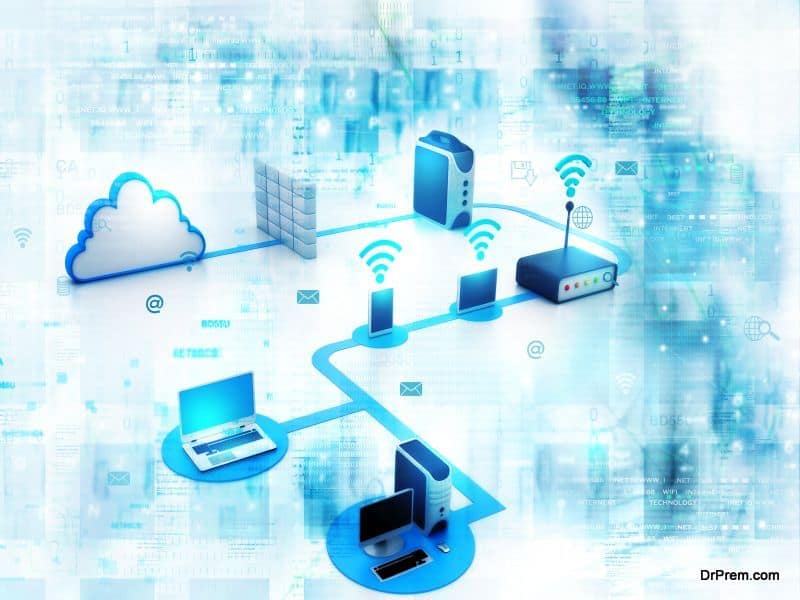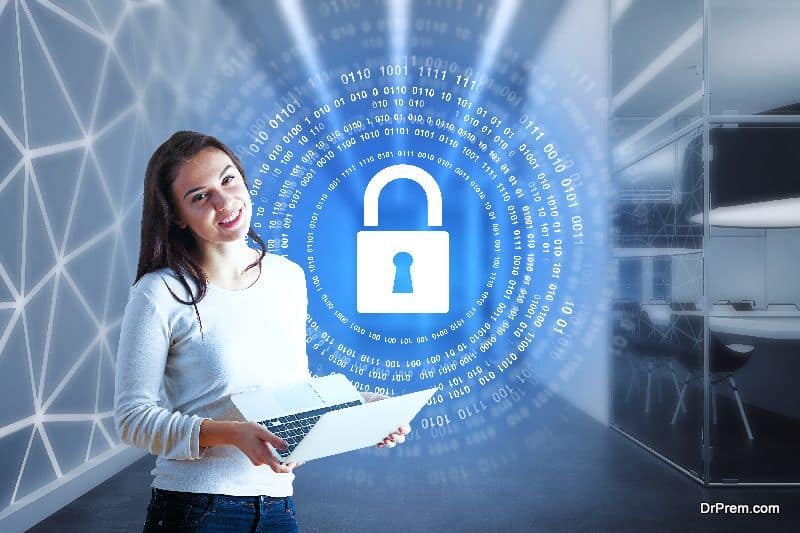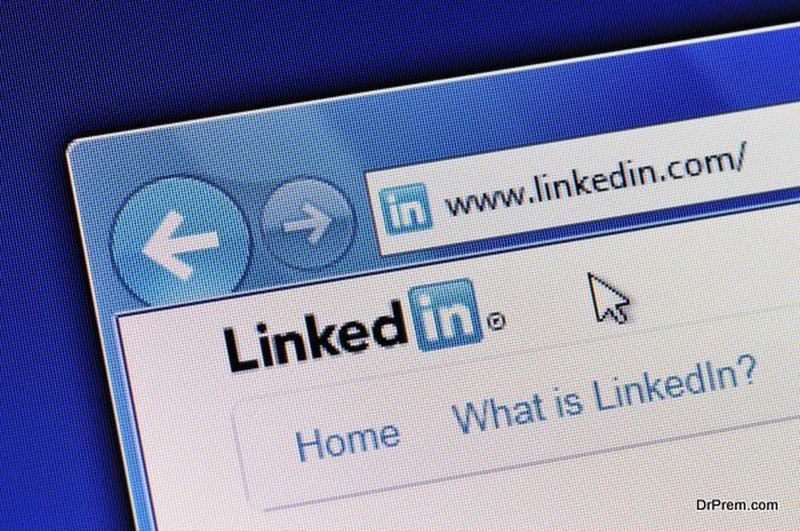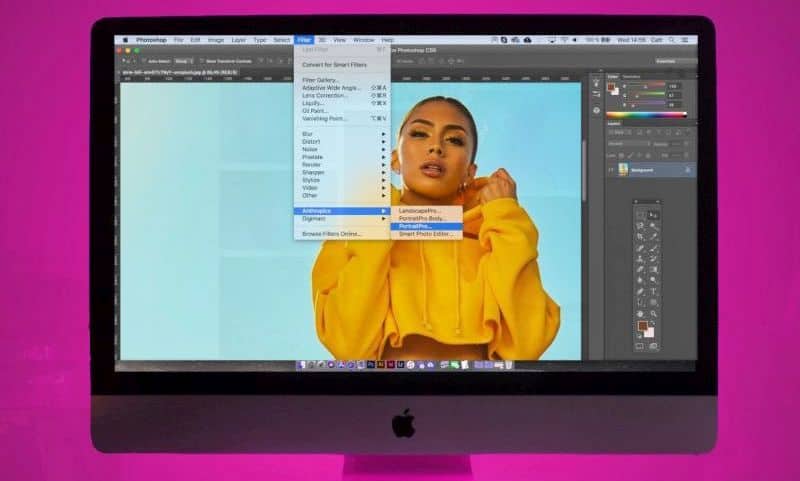Free public WiFi networks are a boon for professionals, students and those who are on the move. You can access free WiFi at airports, restaurants, hotels, bookstores, retail outlets and so on. Though there is a big advantage to free WiFi, you may be vulnerable to your data being stolen by crooked hackers. The same desirable feature of free WiFi also attracts undesirable hackers – there is no authentication required to establish a connection. Any hacker can have access to any unsecured devices on the free network you may be using. Take a look at the ways your system security is exposed to hackers, and how you can protect it:
How do hackers steal important information
Hackers can position/sit between you and the point of connection, so that you would be sending your data to the hacker who would send it forward. In a situation as this one, the hacker can access any information you might be sending such as emails, credit/debit card data, and even passwords for your business mail etc. The hacker can in fact, use your system posing as you.
Hackers can also infect your system with malware too, if your file sharing is on. Some hackers are competent enough to even hack the main connection point. If your public network is compromised in this manner, your system would get a popup which would offer an upgrade for a software which almost everyone uses. If you click on the popup, your system might get infected with malware.
Page spoofing and fake networks
Another kind of attack that your system may be vulnerable to, is a fake or new network, and tricking you into using it. This is dangerous if you have not encrypted your data. Sometimes using hotspots labeled just ‘BusStationNet’ or ‘CityLibrary2’ can be quite dangerous. Sometimes social media pages are faked or spoofed to encourage you to enter your mailed and passwords, which can then be accessed by the hackers.
Proprietor hacking
Sometimes privacy breaches occur when establishments want to use your data for advertisements or to collect statistical data.
How to use free public networks safely
Using VPN
 If you use a VPN network in a WiFi hotspot, no hacker can steal your data as your data would be encrypted. Doing this will keep your sensitive business information safe from unscrupulous elements surrounding you.
If you use a VPN network in a WiFi hotspot, no hacker can steal your data as your data would be encrypted. Doing this will keep your sensitive business information safe from unscrupulous elements surrounding you.
Turning off sharing
When you’re on a public network, you should turn off the sharing option from your control panel or system preferences. Allow Windows to turn off the sharing when you connect to an insecure network.
Using SSL connections
If you don’t have VPN available, you should enable the ‘Always use HTTPS’ option so that your account details are safe. Always use different user ids and passwords for different websites, so that hackers who somehow get access to your social media accounts cannot use the same information to access your financial online accounts.
Keeping WiFi off
If you’re in a public place which offers free WiFi, but you are not using it, keeping off the WiFi will make your computer secure, as well as save your battery. The WiFi hardware on your computer keeps working when it’s not being used, so it is exposed to hackers, if you don’t switch it off.
Use a good net security solution
 Even though you may take all the protections, your system may still be hacked. To be more secure, you should have a good net security software installed. This will protect your system to a greater degree in all locations, including public networks. Antivirus software run a check on the system constantly alerting you to any malware, thus keeping your important data safe.
Even though you may take all the protections, your system may still be hacked. To be more secure, you should have a good net security software installed. This will protect your system to a greater degree in all locations, including public networks. Antivirus software run a check on the system constantly alerting you to any malware, thus keeping your important data safe.
Sometimes, hackers can access your files in your office through your computer, so having a strong, updated antivirus solution will help to keep your system safe.
Can someone steal Facebook and WhatsApp data
Facebook, WhatsApp and other social networks are SSL encrypted so no one can read your data, even if they capture it.
A few precautions such as accessing encrypted sites, and using alphanumeric, non-dictionary words as passwords can increase the security of your system. VPN is the most secure way to access free public WiFi networks. Also, be sure to keep your antivirus updated so that it can protect you from many viruses/malware which a hacker may try to infect your system with.









